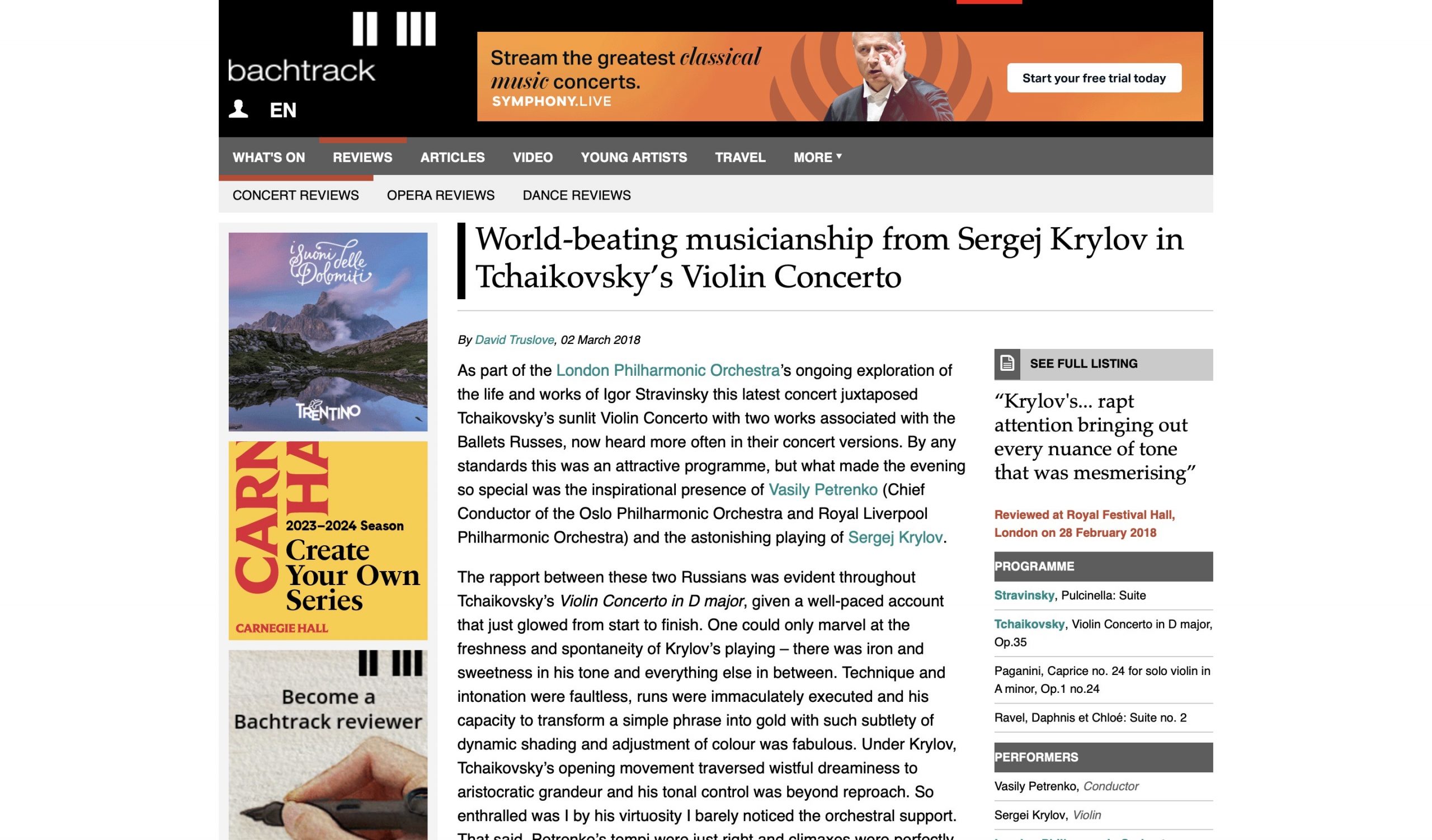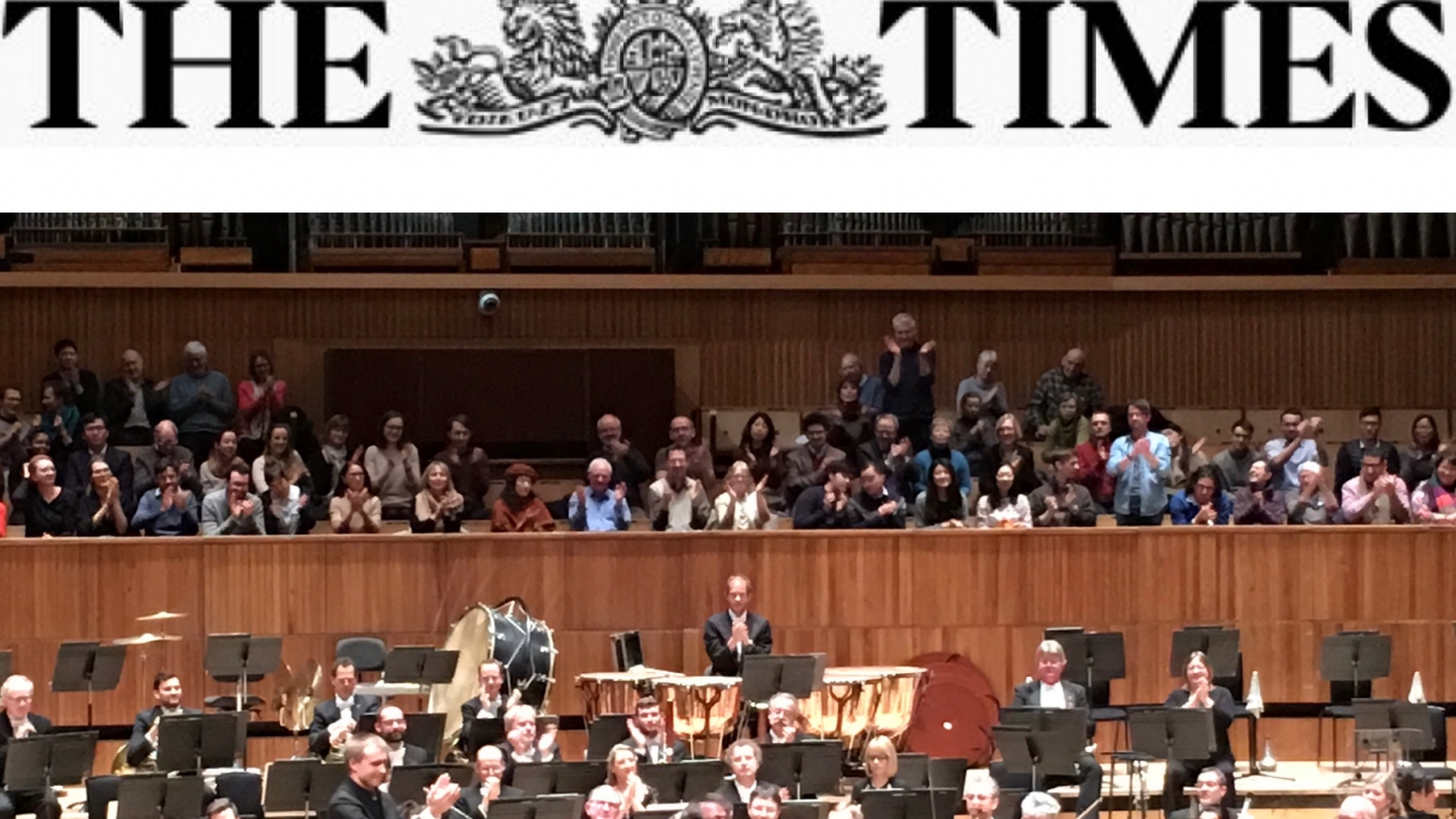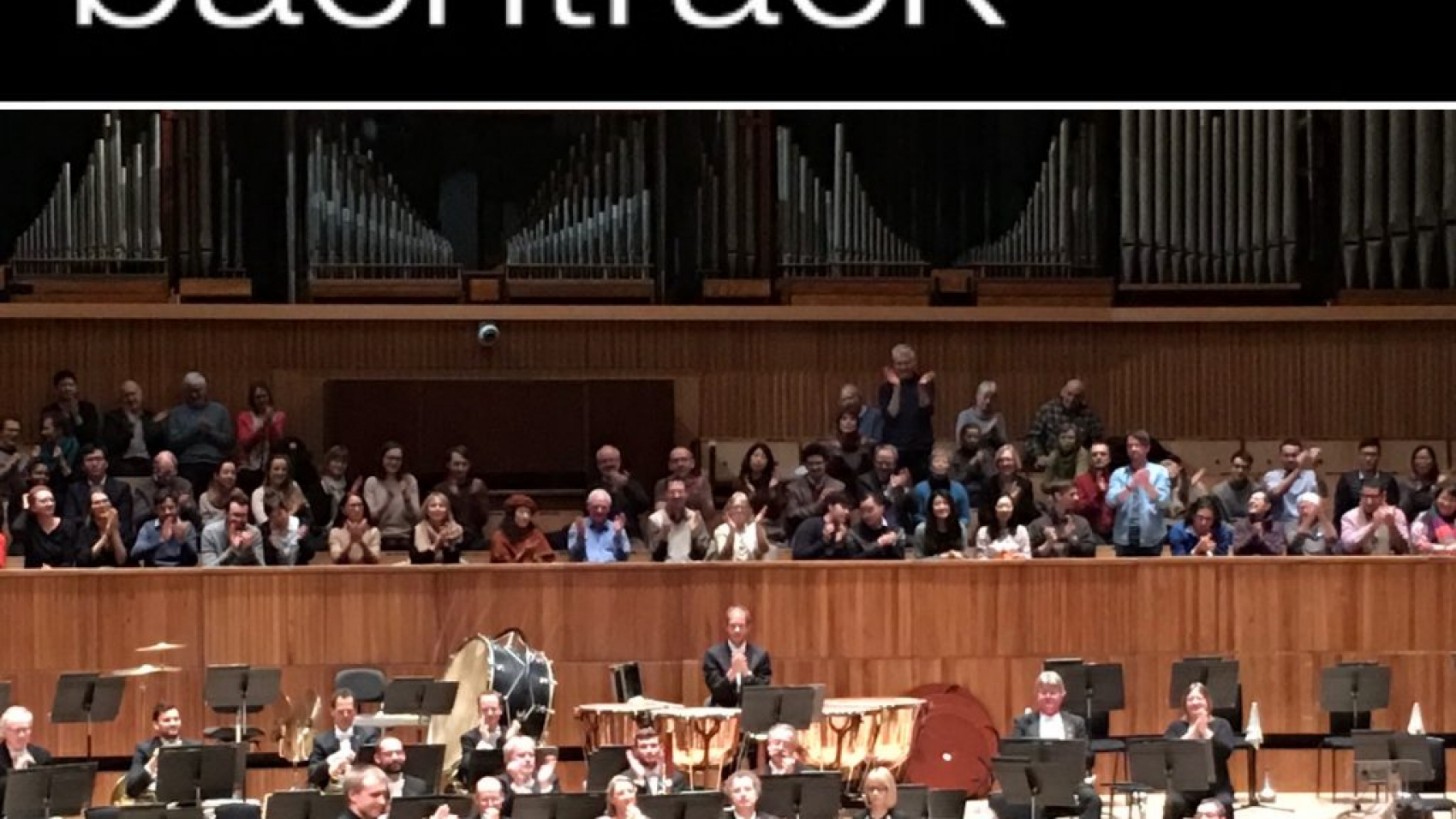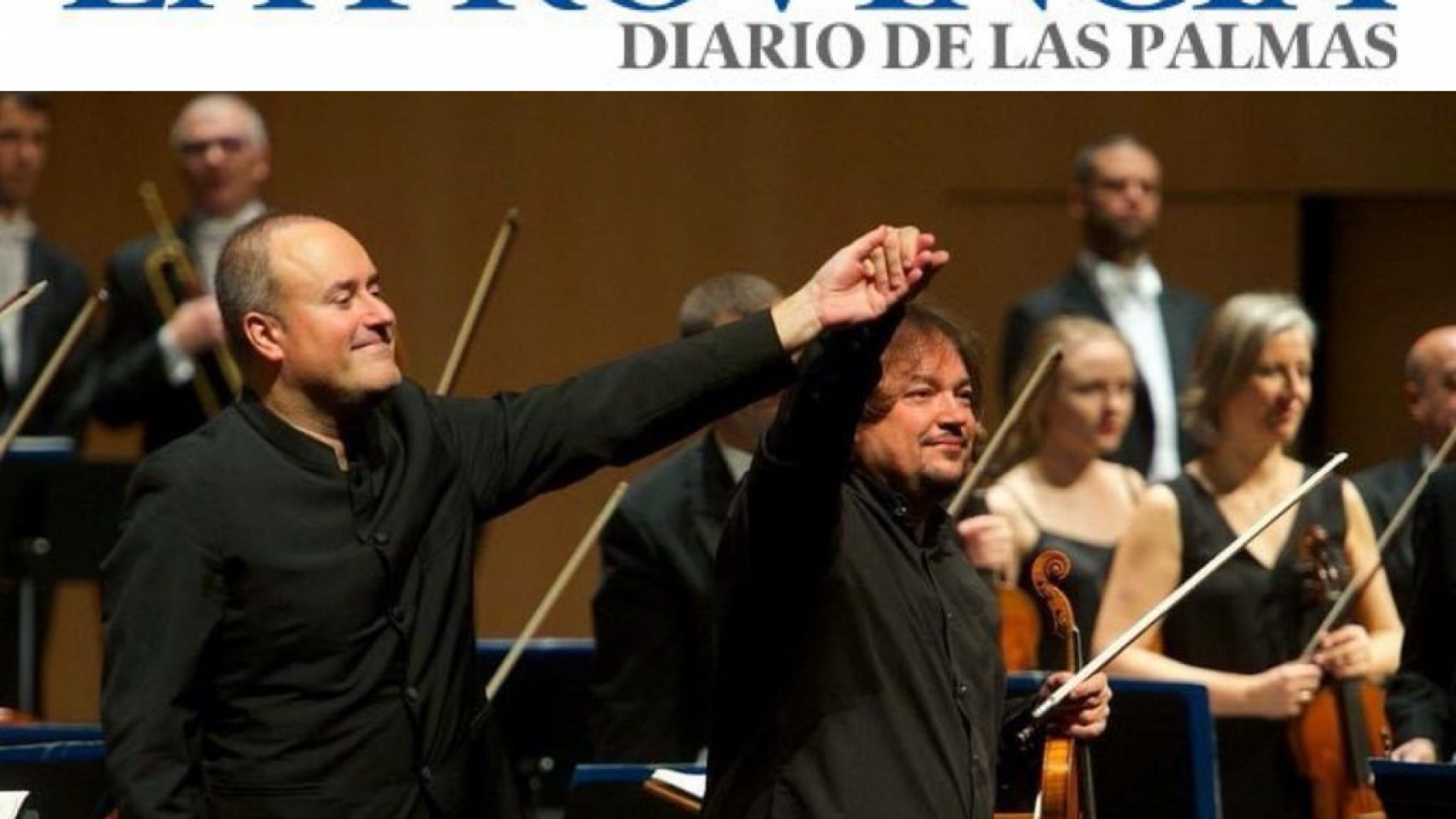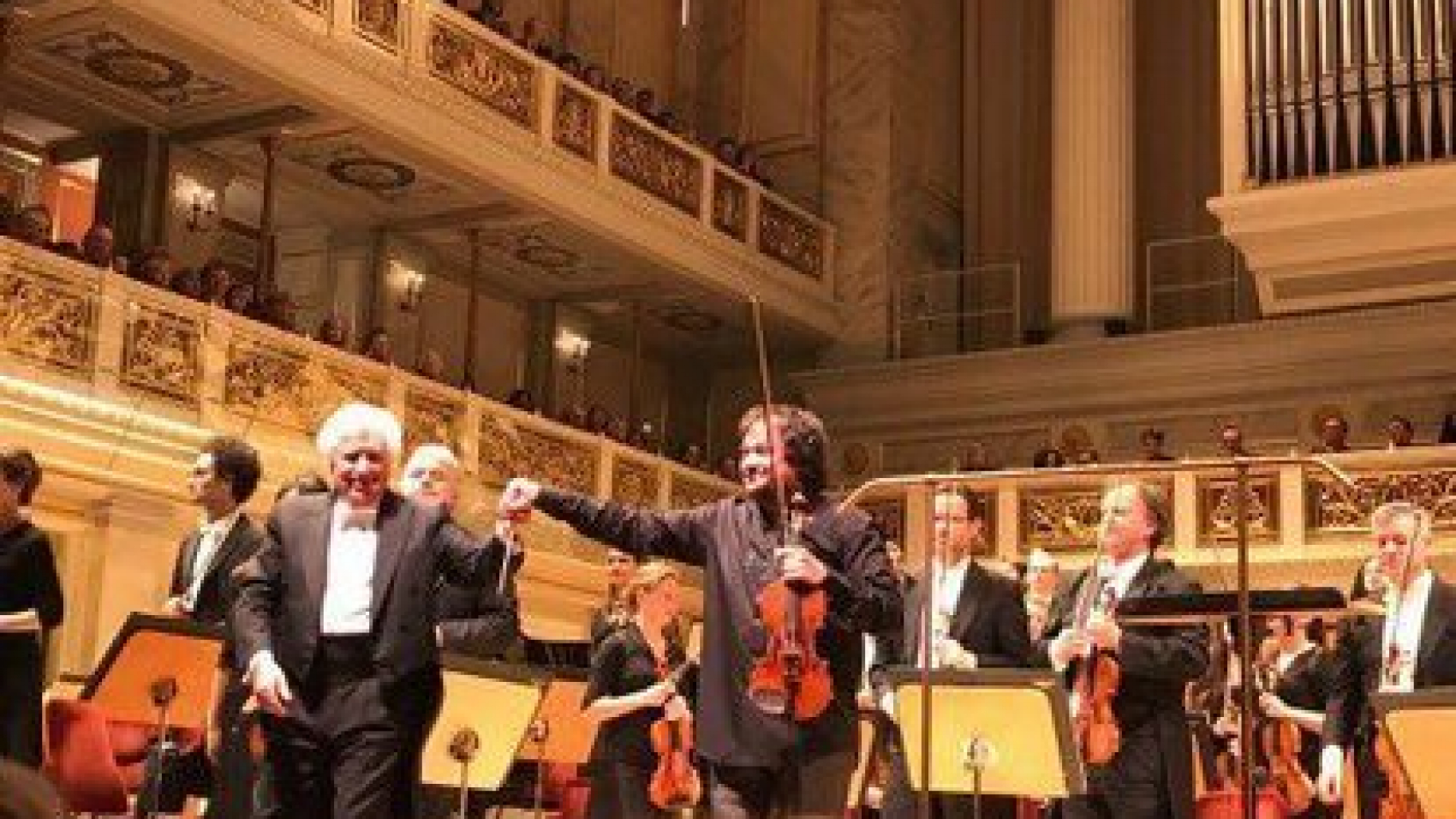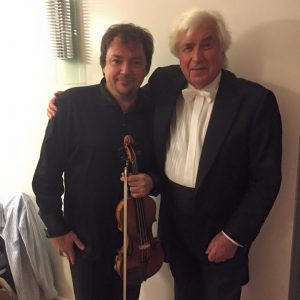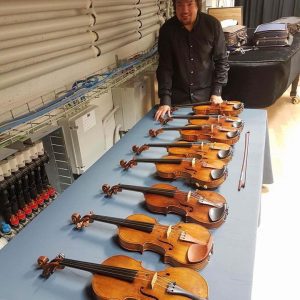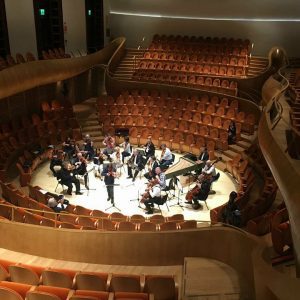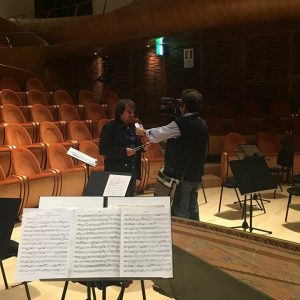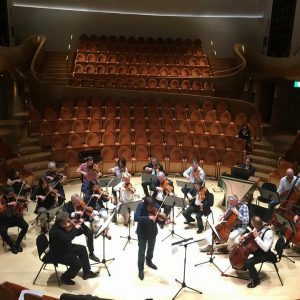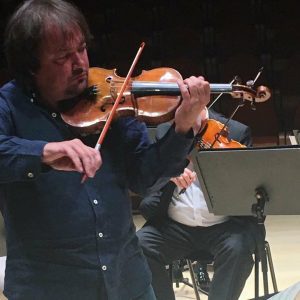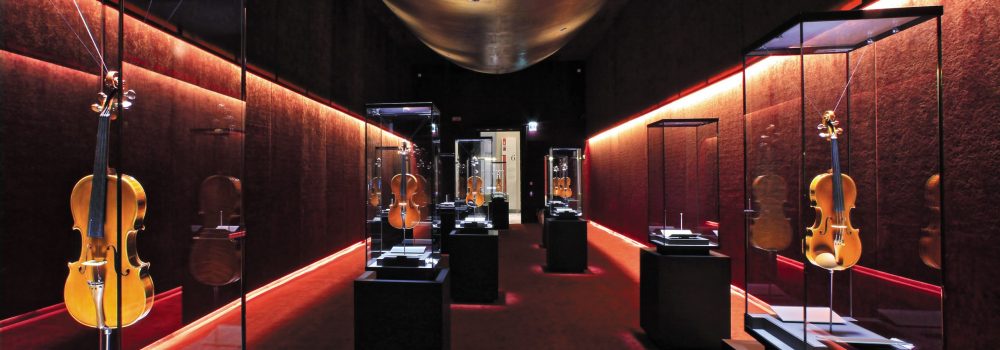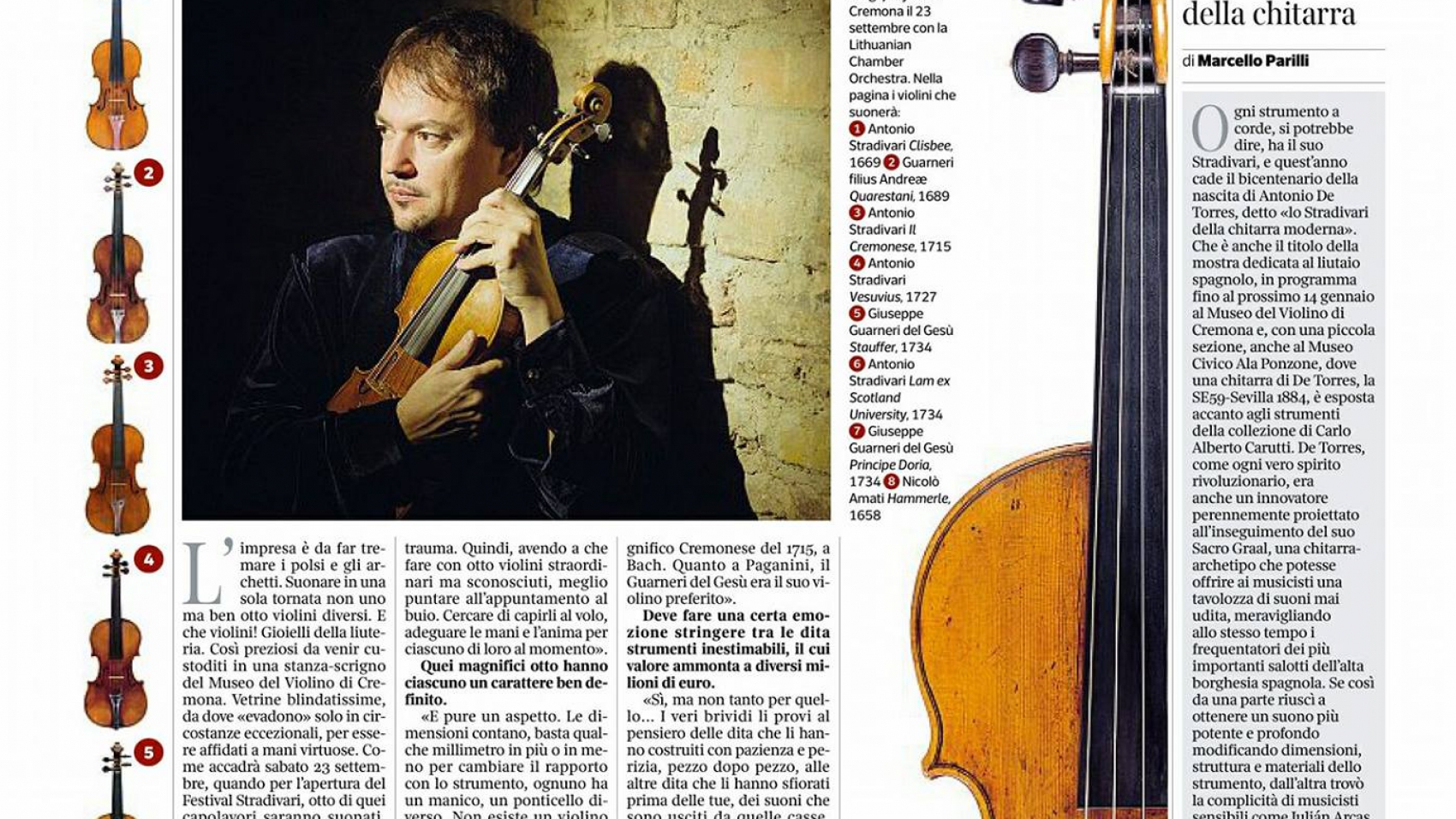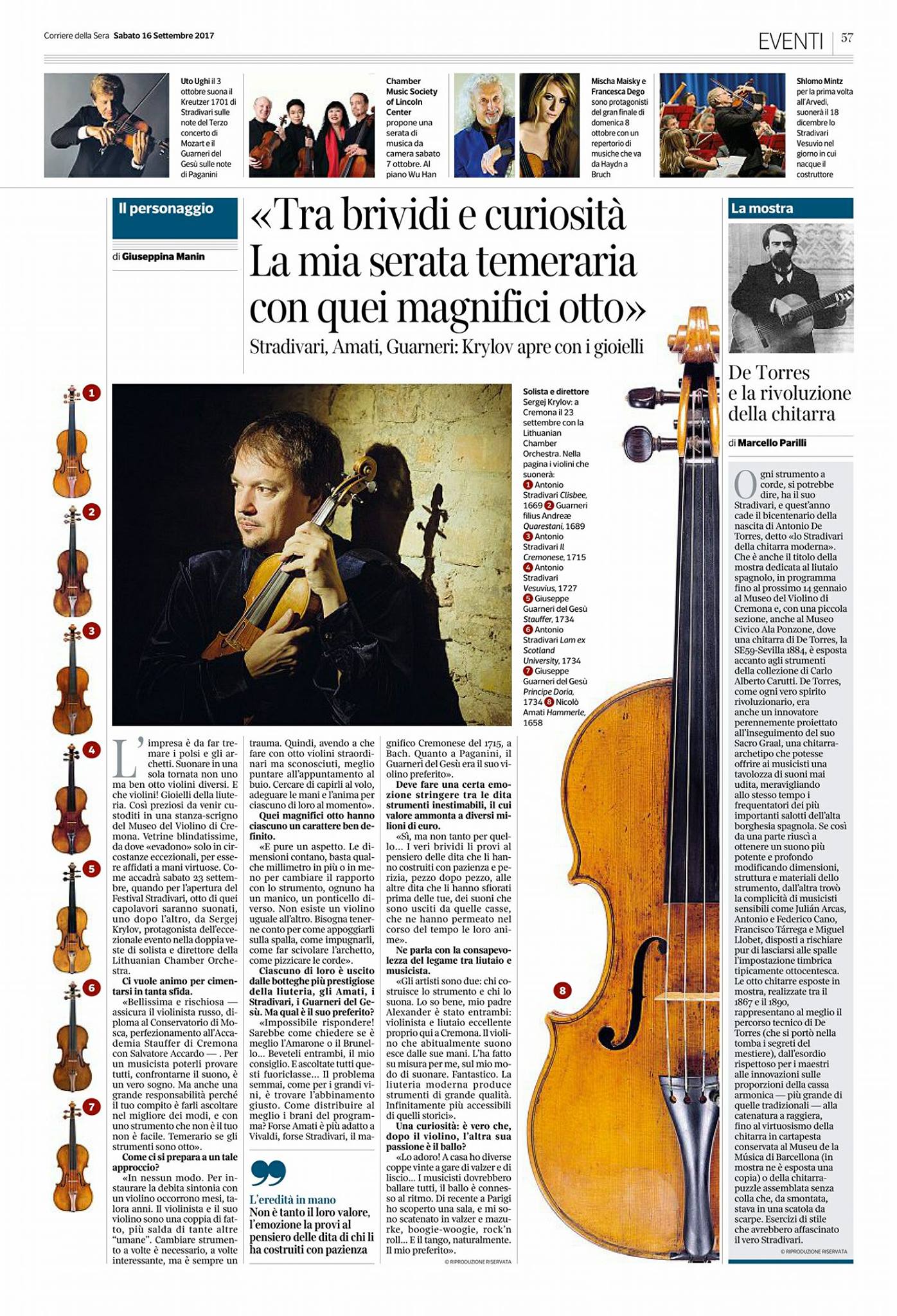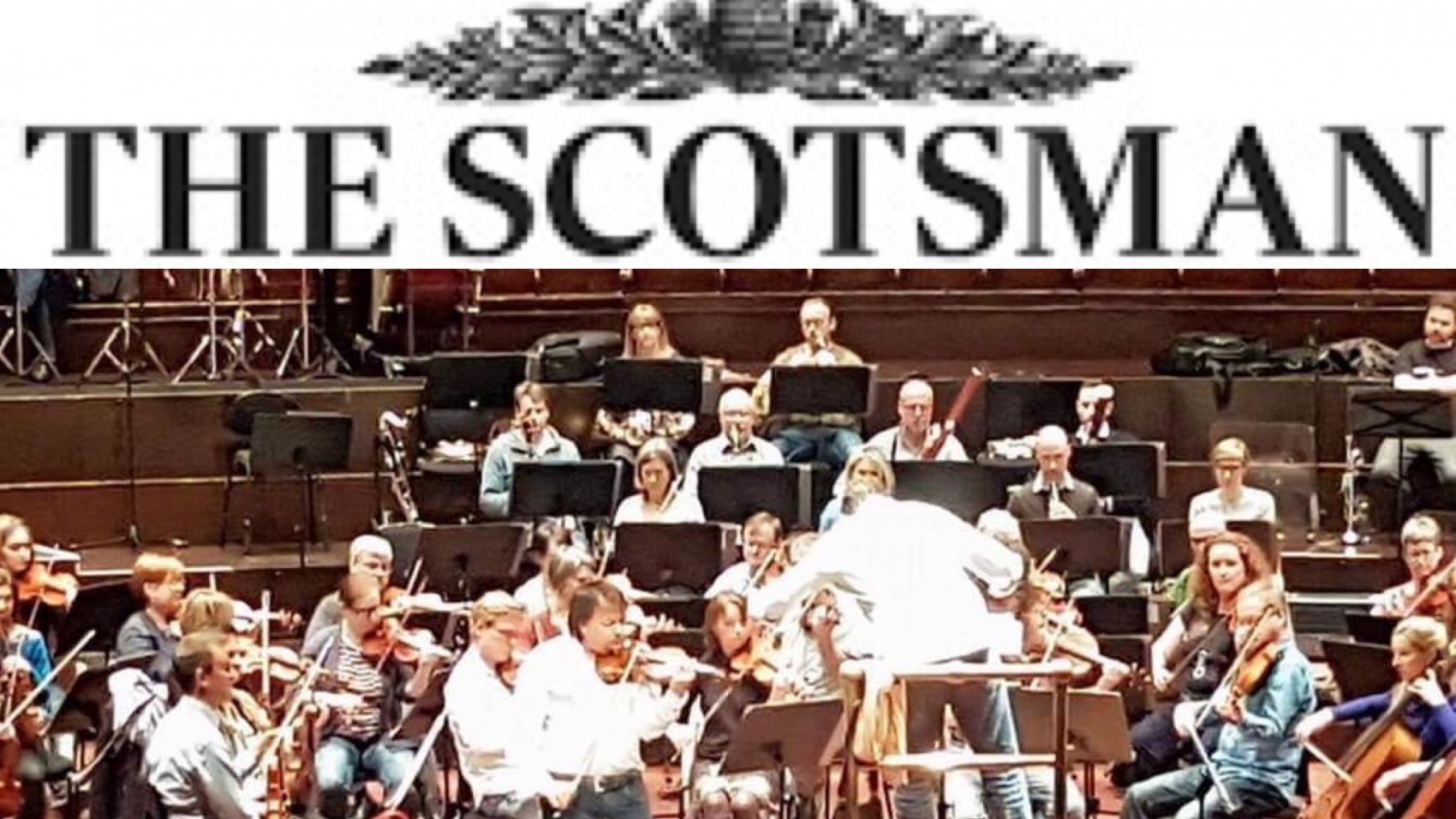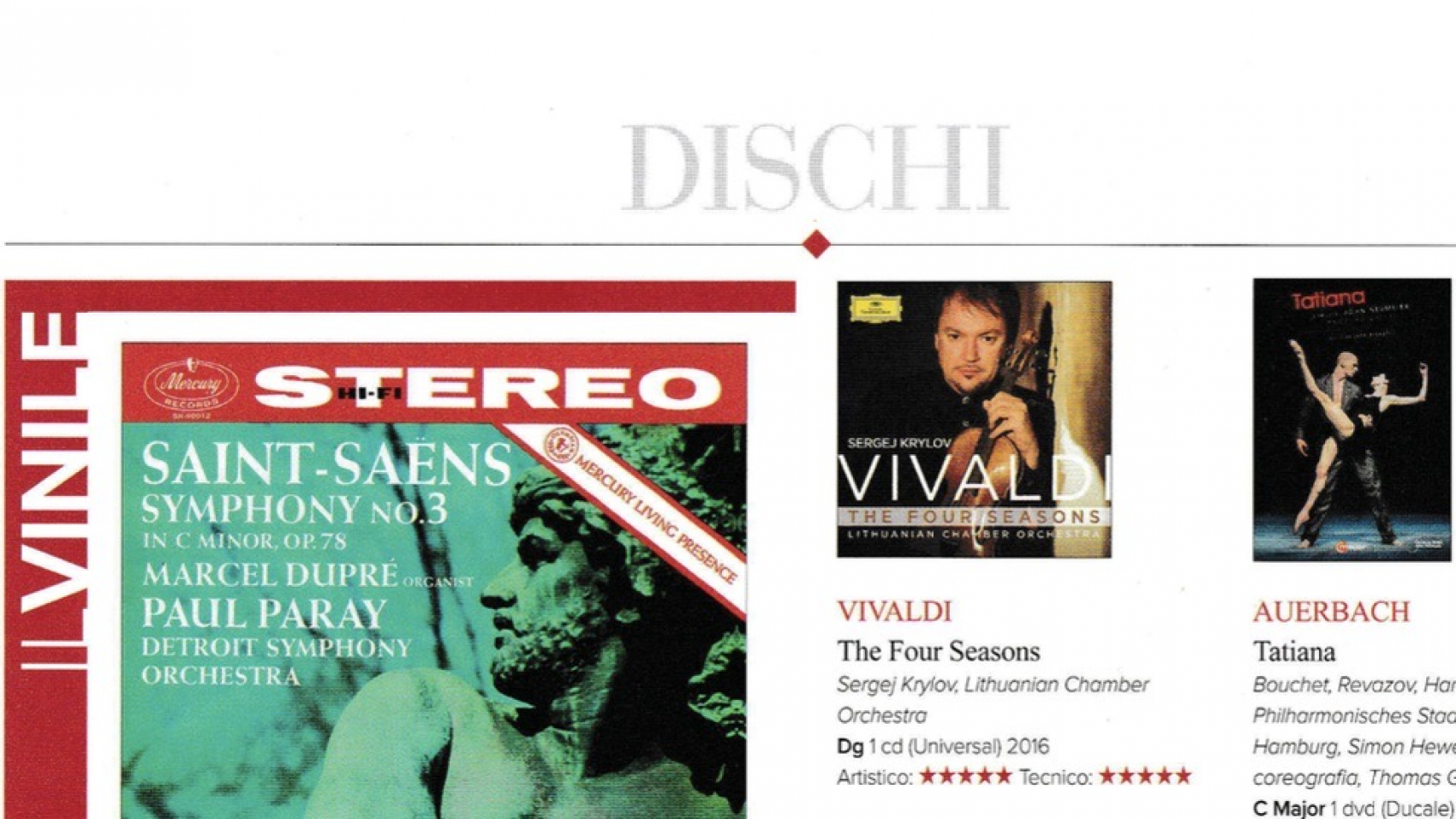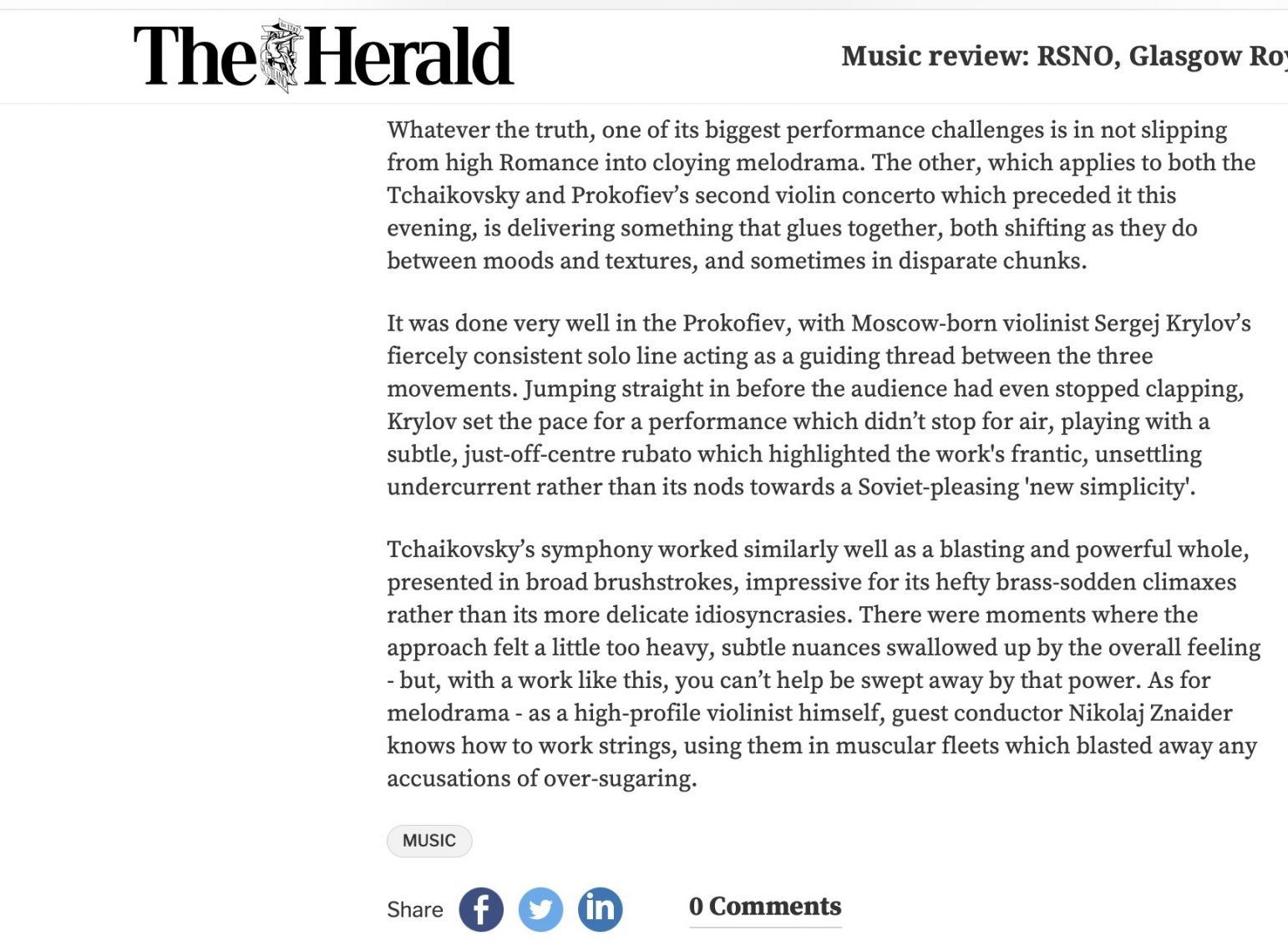La organización alega que motivos de salud le impiden desplazarse a las Islas para participar en la programación de 2018 con la OFGC.
Los tres conciertos en los que participará se celebrarán el jueves 25 en el Auditorio Adán Martín (Santa Cruz de Tenerife, 20.00 horas), viernes 26 en el Auditorio Alfredo Kraus (Las Palmas de Gran Canaria, 20.00 horas) y sábado 27 en el Palacio de Formación y Congresos de Fuerteventura(Puerto del Rosario, 20.30 horas).
Krylov vuelve a Canarias poco más de un mes después de su exitoso concierto, el pasado 5 de diciembre, con motivo del 20º Aniversario del Auditorio Alfredo Kraus. El músico ruso interpretó con la OFGC el Concierto en re para violín de Tchaikovski, en el que a juicio del crítico Guillermo García-Alcalde, “entregó una versión arrolladora en expresividad y virtuosismo trascendental. Admirable el inicial Moderato por la noble dicción y el sentido constructivo; penetrante el lirismo de la Canzonetta por su ensoñadora contabilidad; y vertiginoso sin trampas el Allegro vivacísimo (en el punto casi circense que subordina la música al alarde)”. García-Alcalde señala que su actuación fue ovacionada “hasta el delirio”. Y destacó de su estilo el “precioso portato eslavo, cálidos graves en la cuerda de sol, dobles cuerdas perfectas y armónicos inverosímiles”. Ante la respuesta entusiasta del público asistente, regaló un bis “de pasmo: el multiversionado Capricho 24 para violín solo de Paganini que cortaba el aliento en cada variación”.
Rosa Díaz Mayo, musicóloga y crítica musical del portal especializado www.docenotas.com, escribió sobre su actuación en el cierre de la temporada 2014-2015 de la OST, dirigida por Michal Nesterowicz en el Auditorio Adán Martín, que “el talentoso violinista Sergej Krylovinterpretó el Concierto para violín de Wieniawski sacando partido a una composición compuesta básicamente ad hoc para el lucimiento del solistas con claras influencias de la música zíngara (…). Lirismo y virtuosismo fueron las destrezas más destacadas de Krylov, a semejanza de los grandes violinistas del romanticismo, además de la habilidad expresiva inherente a la propia obra”. Al igual que en su concierto del Alfredo Kraus, Krylov regaló el mismo bis “que resaltó aún más su dominio técnico del violín y una mentalidad musical propia de la escuela rusa”.
Sergej Krylov se ha establecido como uno de los violinistas más talentosos de su generación, regularmente invitado a actuar en las principales salas de conciertos. Aparece con algunas de las orquestas más prestigiosas del mundo. Su amistad con Mstislav Rostropovich ha sido una de las influencias más importantes en la vida artística de Krylov. La musicalidad efervescente, el lirismo intenso y la seductora belleza tonal son algunas de las cualidades que han situado a Sergei Krylov entre los intérpretes más famosos de la actualidad. El violinista moscovita posee un virtuosismo impresionante que revela sus profundos conocimientos expresivos de las obras que aparecen en su repertorio, sorprendentemente amplio.
El programa para los tres conciertos incluye la interpretación del estreno de Campos del Sur para orquesta, de Víctor Landeira (obra encargo). Además de su faceta como compositor, Landeira es un reconocido intérprete y docente de guitarra. Según su autor, Campos del sur está ideada “como una suerte de poema sinfónico, aunque carente de carácter programático como tal. Su forma se erige siguiendo el esquema de la sonata clásica. En ocasiones puede conseguir evocar paisajes o visiones aunque ello no fuera mi intención primera. En otras secciones, sin embargo, sí que he tenido la intención de imitar el sonido de las rondallas de pulso y púa a través de sus ritmos y melodías cantables y armonías tradicionales que podrían ser acompañadas por un guitarrista popular”.
Cuando Beethoven compuso su Concierto para violín y orquesta en re mayor Op. 61 (único que escribió para este instrumento), el compositor alemán aún trataba de superar el fracaso de su ópera Fidelio. La obra está articulada en tres movimientos, Allegro ma non troppo, Larghetto y Rondó (Allegro). El primero de ellos es, sin duda, una de las páginas más populares de la historia de la música. Arranca con un preámbulo amplio que encierra un motivo rítmico de cuatro notas -cuatro ligeros golpes de timbal- que será constante en el movimiento, a modo de un latido del corazón. La dulzura de los dos primeros temas es notable y se expanden al desarrollo que lleva a una reexposición que equilibra la relación solista y orquesta para dejar paso a la cadenza y una amplia coda en la que el violín desarrolla en su integridad el segundo de los temas.
El Don Juan de R. Strauss y Capricho Español de Rimsky-Korsakovcompletan la participación de la OFGC en este 34º Festival Internacional de Música de Canarias.
